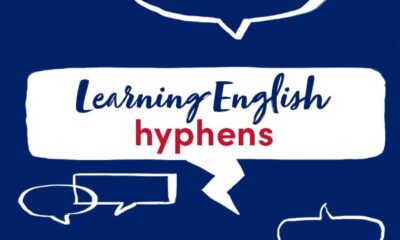english grammar
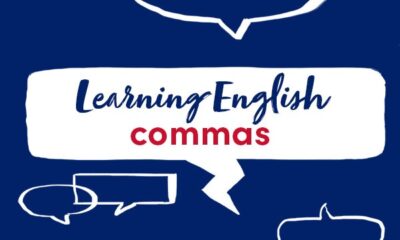
Commas
The comma marks a short pause between elements in a sentence. Main clauses that are joined together with and or but do not normally have a comma before the conjunction unless the two clauses have different subjects. You go out of the door and turn immediately left. It was cold outside, but we decided to… Read More
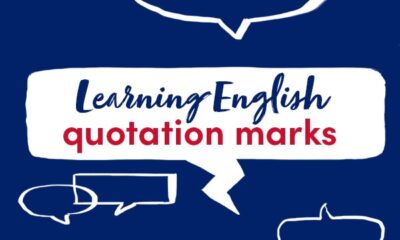
Quotation marks
Quotation marks are mainly used in direct speech. Direct speech gives the actual words that a speaker is using or has used. It is common in novels and other writing where the actual words of a speaker are quoted. In British English, these marks can also be called ‘inverted commas’. The… Read More
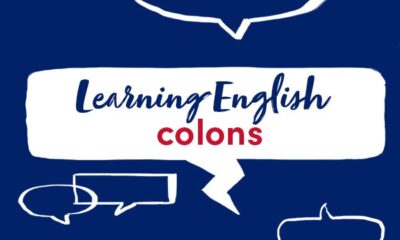
Using colons
The colon indicates a break between two main clauses which is stronger than a comma but weaker than a full stop. A colon is used: in front of a list I used three colours: green, blue and pink. Make sure you wear clothes made from natural fibres: cotton, silk and wool. in… Read More
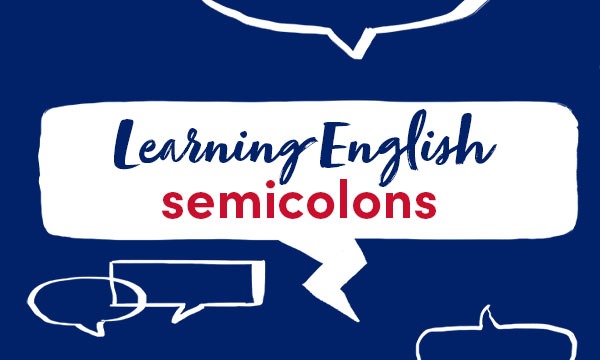
Semicolons
The semicolon is used to mark a break between two main clauses when there is a balance or a contrast between the clauses. A useful test to work out when to use a semicolon is to ask yourself whether the two clauses could be written instead as separate sentences. If… Read More
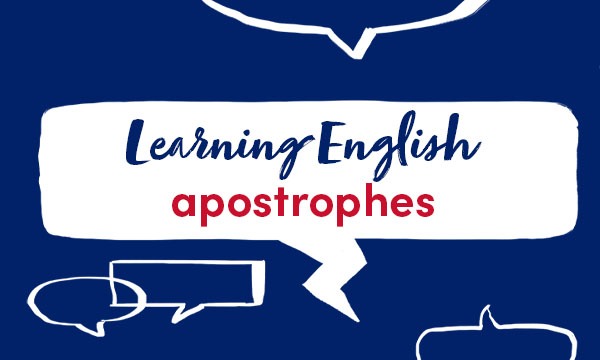
Apostrophes
Misusing or omitting the apostrophe is one of the most common punctuation errors. Showing possession The apostrophe ( ’ ) is used to show that something belongs to someone: -’s is added to the end of singular words. a baby’s pushchair Hannah’s book -’s is added to the end of plural words not ending… Read More
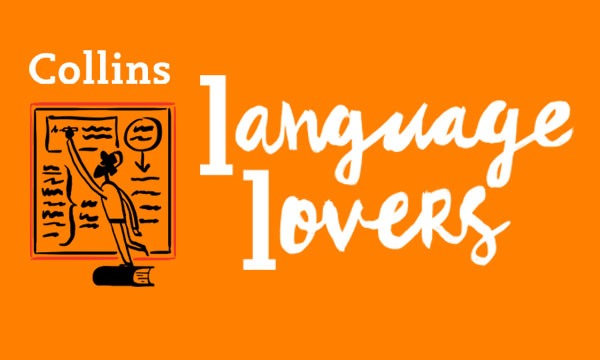
9 weird and wonderful collective nouns
A pride of lions. A gaggle of geese. A murder of crows. The English language is full of peculiarities, but collective nouns are among the most remarkable. But what is a collective noun? Collective nouns are used to refer to a group of people or things, with some of the… Read More
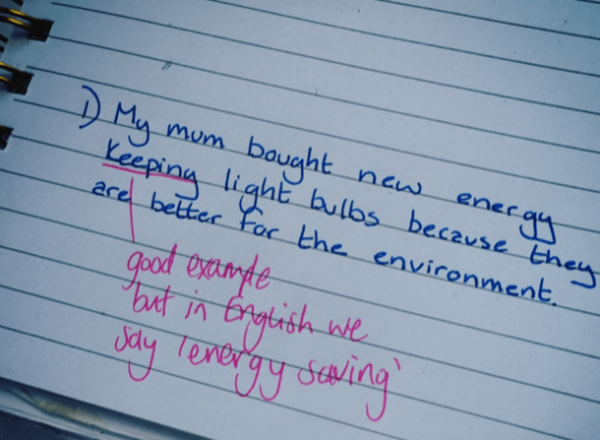
Why is English SO difficult??
As a learner of the English language, how many times have you heard your teachers say, ‘it’s just not what we say in English’ or ‘that doesn’t sound very natural’? Or maybe you have thought to yourself, ‘this doesn’t sound right’ but you don’t know why? There is a good… Read More
